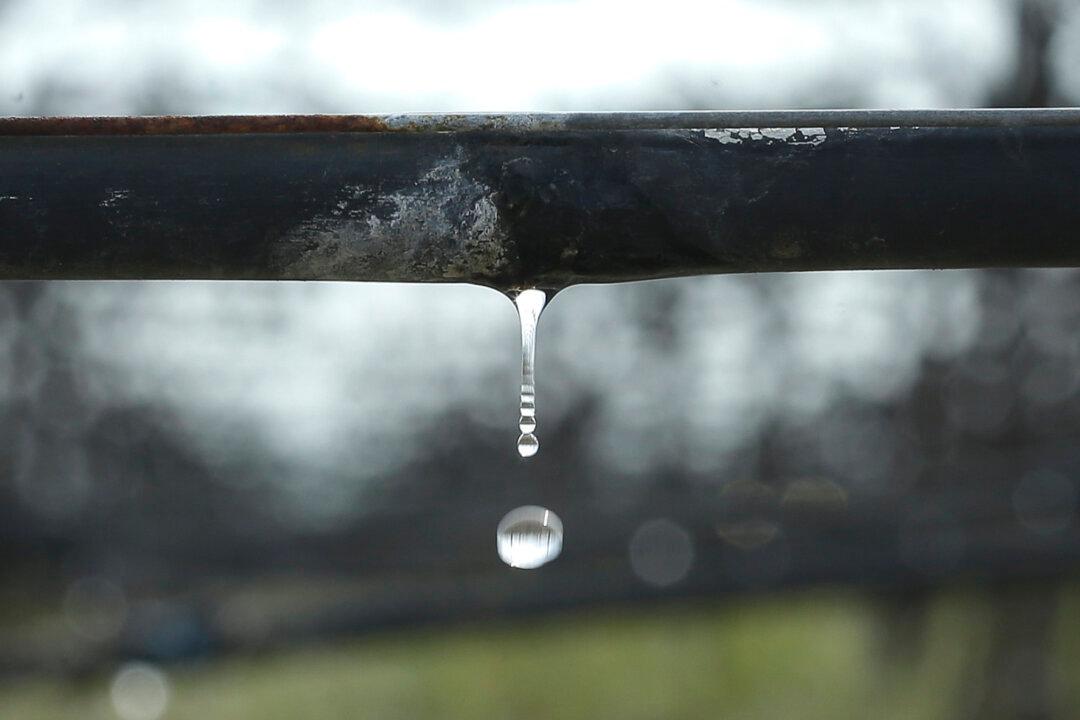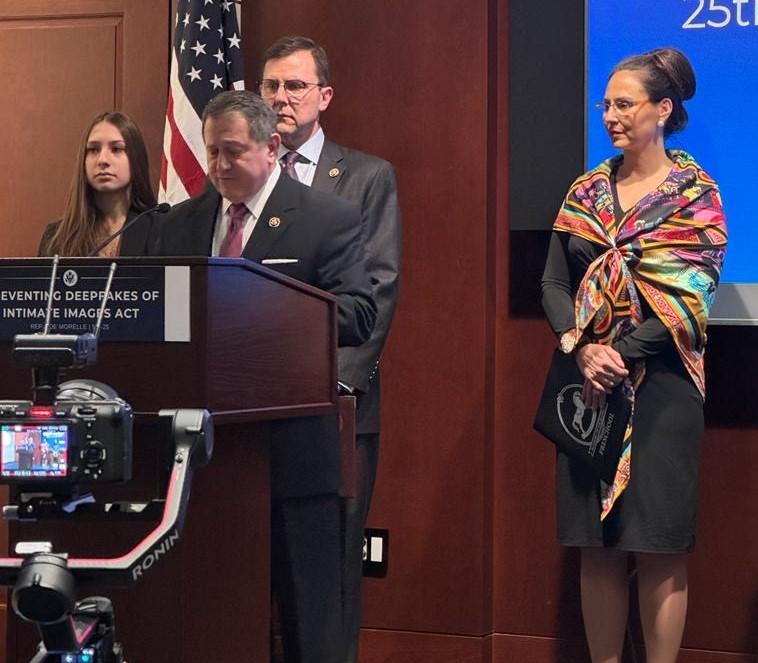A coalition of 24 Republican state attorneys general filed a federal lawsuit on Feb. 15 against the U.S. Environmental Protection Agency (EPA) and U.S. Army Corps of Engineers (USACE), asking the court to declare unlawful a rule the agencies developed that will determine which water resources receive federal protection.
Specifically, the rule, announced on Dec. 30 and scheduled to go into effect on March 20, defines wetlands and waterways that are Waters of the United States (WOTUS) and receive protection under that designation.





